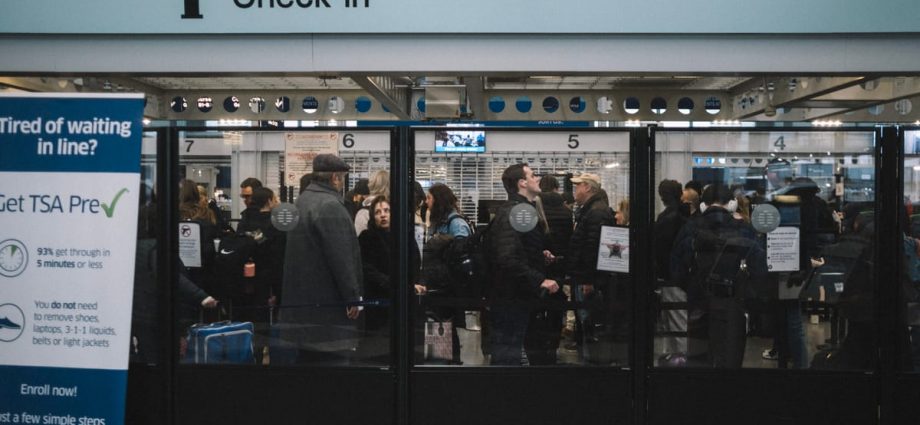The French Foreign Affairs Ministry meanwhile said it “regretted the situation” in a statement and wanted to promote “freedom of expression” and “academic and scientific cooperation.”
The academic, who works in the space sector and whose identity has not been revealed, was travelling to the U.S. on March 9, and underwent a random check on arrival, according to the AFP agency. His phone and computer were examined and messages referring to Trump’s policies toward the academia were found.
According to the AFP, the researcher was accused of sending messages “that expressed hatred towards Trump and can be qualified as terrorism,” but all charges against him were eventually dropped.
The news comes as the Trump administration has recently accused Europe of curtailing free speech, with Vice President JD Vance launching a blistering attack against the continent last month, saying in Munich: “I believe deeply that there is no security if you are afraid of the voices, the opinions and the conscience that guide your very own people.”
Since Trump took office in January, the U.S. research and education landscape has been hit with massive cuts. The American Education Department has started cutting roughly half of its workforce and several universities including the Johns Hopkins University have cut jobs because of the loss of government funding.
This week, Germany updated its travel advice to the U.S. warning that tougher immigration enforcement could land travelers in detention or see them face deportation.


